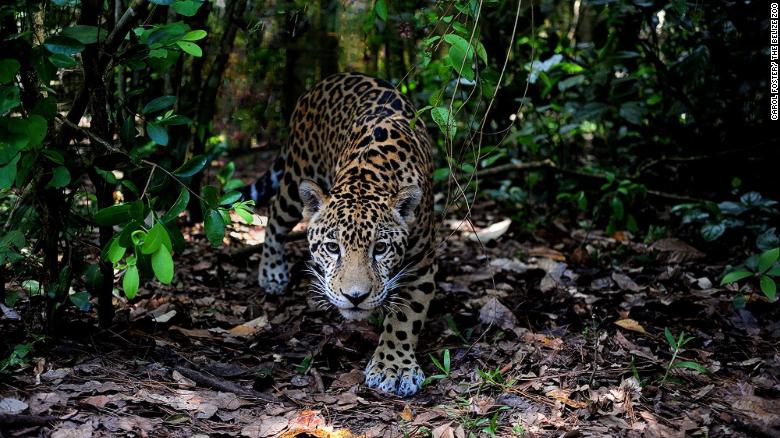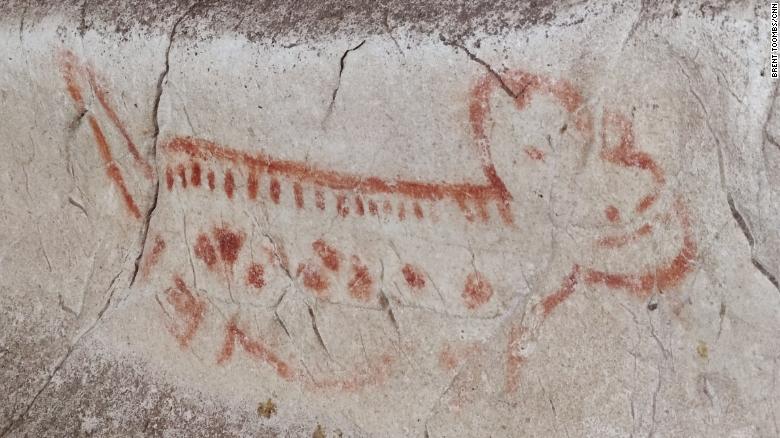If Jaguars are unable to pass via the Maya Forest Corridor, populations will drop dramatically due to isolation. The Maya Forest Corridor (MFC) is already far too small to properly sustain the current jaguar population, but due to the growing threat of deforestation, as well as the insertion of large building developments is at risk of shrinking even more. Currently, conservation organizations are purchasing the land on which the MFC covers, hopefully preventing further development in the area. As of right now, only 30,000 of the 90,000 acres of the MFC are owned by the NPO consortium. If funding was a nonissue, the NPOs still must deal with the reality that much of the land in the MFC is not purchasable, as it is privately owned.
This crises is unlike other endangered species crises, because it carries with it the sting of British colonization. In Maya culture, the jaguar species as well as the land that those jaguars inhabit is of utmost holiness. The jaguars themselves have served as the ancient symbol of "royalty, of power, of strength." As the land is being compromised by large western companies and the jaguars on that land are paying the price, Mayans are hurting.



Comments
Post a Comment